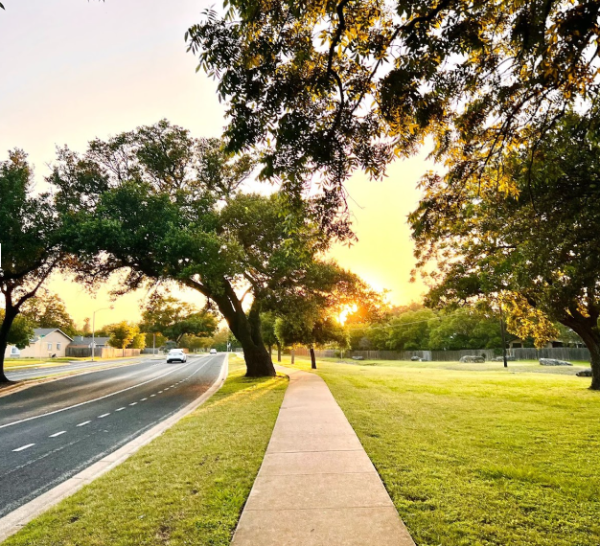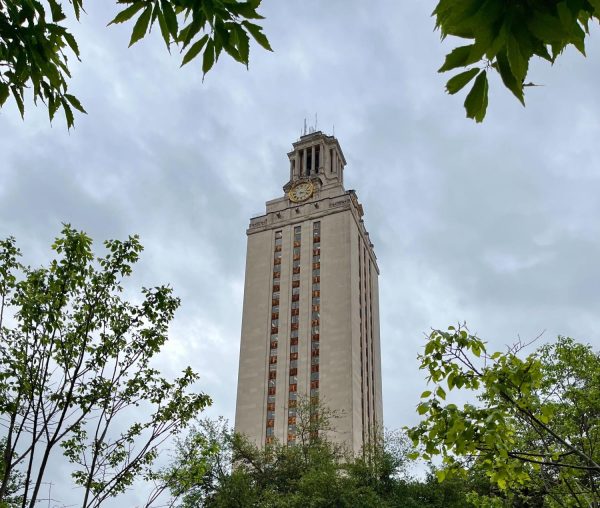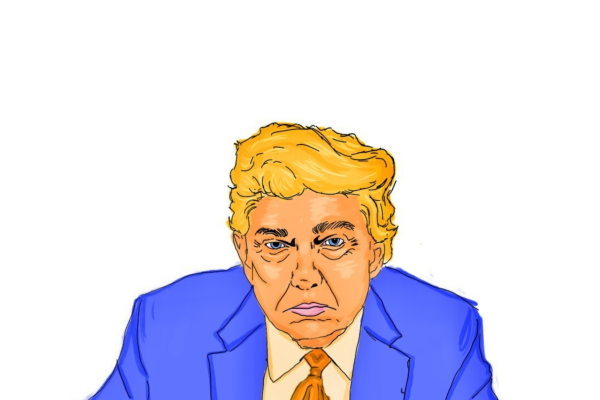Students Share Split Opinions on Potential TikTok Ban
A viral app short-form video hosting service, TikTok is often associated with 15-second videos, dance challenges, and an addictive algorithm, but a potential nationwide ban from the Biden administration over security concerns could threaten the app’s future.
Due to concerns that the Chinese government could be using TikTok to access users’ personal information, lawmakers in Congress have supported a TikTok ban bill. The ban would cause Apple and Google to remove TikTok from app stores to prevent installations and updates. On March 23, TikTok CEO Shou Zi Chew testified before Congress, defending the Chinese-owned app from accusations concerning the platform’s potential security risks.
As lawmakers debate the situation, some Westwood students have shared their opinions on the potential ban. 46.3% of students who responded to a recent survey believe the ban is likely to occur soon, and 50.7% of survey takers support it. Students who supported the TikTok ban mentioned worries over their data security.
“I believe that national security is a big deal, and having a totalitarian regime have access to America’s next generation’s data is not something that America should let happen from a political and militaristic standpoint,” Diego Estrada ‘24 said.
Another widely mentioned reason to support the ban included the detrimental effects TikTok had on mental health by fueling an addiction to social media and an overall disconnect from the real world. TikTok has long been suspected of worsening teen mental health crises as well.
“Sure, [TikTok is] great for short term satisfaction, but it’s bad for mental health in the long term,” an anonymous student said. “It shortens attention spans, leaves people feeling unproductive after scrolling for so long, spreads negative content to younger audiences, and highlights a need for validation by likes or followers.”
Additionally, TikTok has allowed for the promotion of widespread challenges or trends that could be harmful and dangerous to children, such as the “choking challenge” and bathroom vandalism challenge.
“[One] reason [I support the ban] is the stupidity that comes from the app in the form of challenges like eating fentanyl,” an anonymous student said. “The fact that people follow [challenges] blindly is crazy to me.”
However, some students who supported the restriction believed it wouldn’t pass due to user protests. With over 150 million users in the United States, TikTok is one of the most popular social media apps in the country. Almost one-fourth of surveyed students reported that they use TikTok multiple times per day.
“Too many people – especially children and teenagers – use TikTok, and banning it would cause [a] major uproar in these communities,” Aryan Seghal ‘26 said.
On March 22, about 30 content creators protested the potential ban at Washington D.C., holding signs that said “Keep TikTok” and sharing the ways they’ve used the app to connect with others and find their voices. Students who were against the ban echoed a similar sentiment, arguing that TikTok has provided a valuable space for communication and creativity.
“[TikTok] has a huge impact on my life. I feel as if I can find a good community there and it’s somewhere that I feel that I belong,” said Stella Short ‘24, who uses the app for roughly 3 hours per day. “I just think that [the ban is] stupid. There are bigger concerns in the world than a social media app.”
TikTok has also supported the rise of “TikTok stars” – social media content creators who are worth millions of dollars. Along with changing marketing methods and some aspects of the entertainment industry, the effects of TikTok have had a deep impact on American culture.
“People have jobs on TikTok and [it] is a place to share and communicate,” said an anonymous student, who uses the app for roughly 6 hours per day. “A lot of people rely on TikTok since it has become super popular over the years. When I’m sad, [TikTok] always cheers me up [by providing] funny videos.”
The TikTok ban could also be ruled unconstitutional because it’s an information source, or cause protests over freedom of speech.
“[TikTok] helped me realize that I’m not alone [and] that there are other people in the world who think like me, feel like me, and look like me,” an anonymous student said. “[The ban] lowkey feels like a violation of the 1st amendment.”
Some politicians have accused the ban of fearmongering and xenophobia, claiming that policymakers’ inflammatory speech could contribute to anti-Asian sentiment. The TikTok hearing was also condemned as xenophobic due to lawmakers’ accusations that Chew, who is Singaporean, was working with the Chinese Communist Party.
“Congress has some valid points, [but] any accusation [that] TikTok [is] pushing an ideology or agenda that is anti-American is dangerous because whoever is in control of Congress can accuse [anyone] of doing the same and then label them as anti-American,” Tracy Li ‘24 said. “Any action or restriction against TikTok should also apply to American apps such as Meta.”
Overall, survey takers’ split opinions on the TikTok ban reflect the controversial state of the app’s ban bill. Whether or not the United States joins the growing list of countries that have banned the app – such as Afghanistan and India – remains to be seen. However, some students believe that the government should be directing its efforts elsewhere, such as banning firearms.
“There are many other social media sites that are being taken advantage [of] by other countries. Banning TikTok in particular is just an easy way to make it seem like you’re solving a problem,” Isabella Irizarry ‘23 said. “It is better to focus on other attempts to get social media companies to moderate and protect their sites better.”

Class of 2025
I love writing, photography, and design, so I’m thrilled to be on Student Press! When I’m not doing journalism work, I’m still typing...











